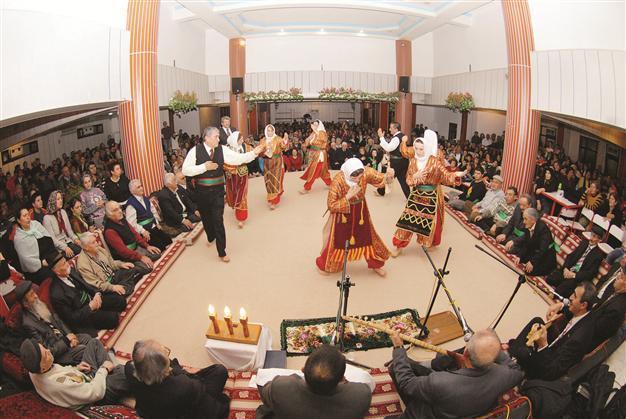Local court rejects ruling on cemevis by top jurists
ANKARA

A local court rejects the top court’s ruling on cemevis saying that the state should be neutral toward Alevis’ preferences for worship.
A local Turkish court has reiterated that cemevis, where Alevis traditionally conduct worship, are places of worship despite a ruling by the Supreme Court of Appeals overturning the lower court’s decision.In its detailed ruling, the local court cited a ruling by the European Convention on Human Rights (ECHR). The Ankara Chief Prosecutor’s Office had filed a suit against the Çankaya Cemevi Construction Association, which helps to build cemevis, on the grounds that the organization’s charter referred to Alevi cemevis as “houses of worship.”
But Ankara’s 16th Civil Court rejected the case file, saying: “For centuries, cemevis have been known and accepted as Alevi places of worship by society. The expression ‘cemevis are places of worship,’ ... is not illegal.” After the decision was appealed, the Court of Appeals took up the case file and reversed the judgment, agreeing with the prosecutor that charges should be pressed against the defendants on the grounds that only mosques and masjids could be considered places of worship.
The Çankaya Cemevi Construction Association’s charter includes articles that run counter to Turkish laws, the appeals court said. The local court, however, has again rejected the top court’s ruling and said in its reasoning that the state should be neutral toward Alevis’ preferences for worship, as is the case for other faiths.
















